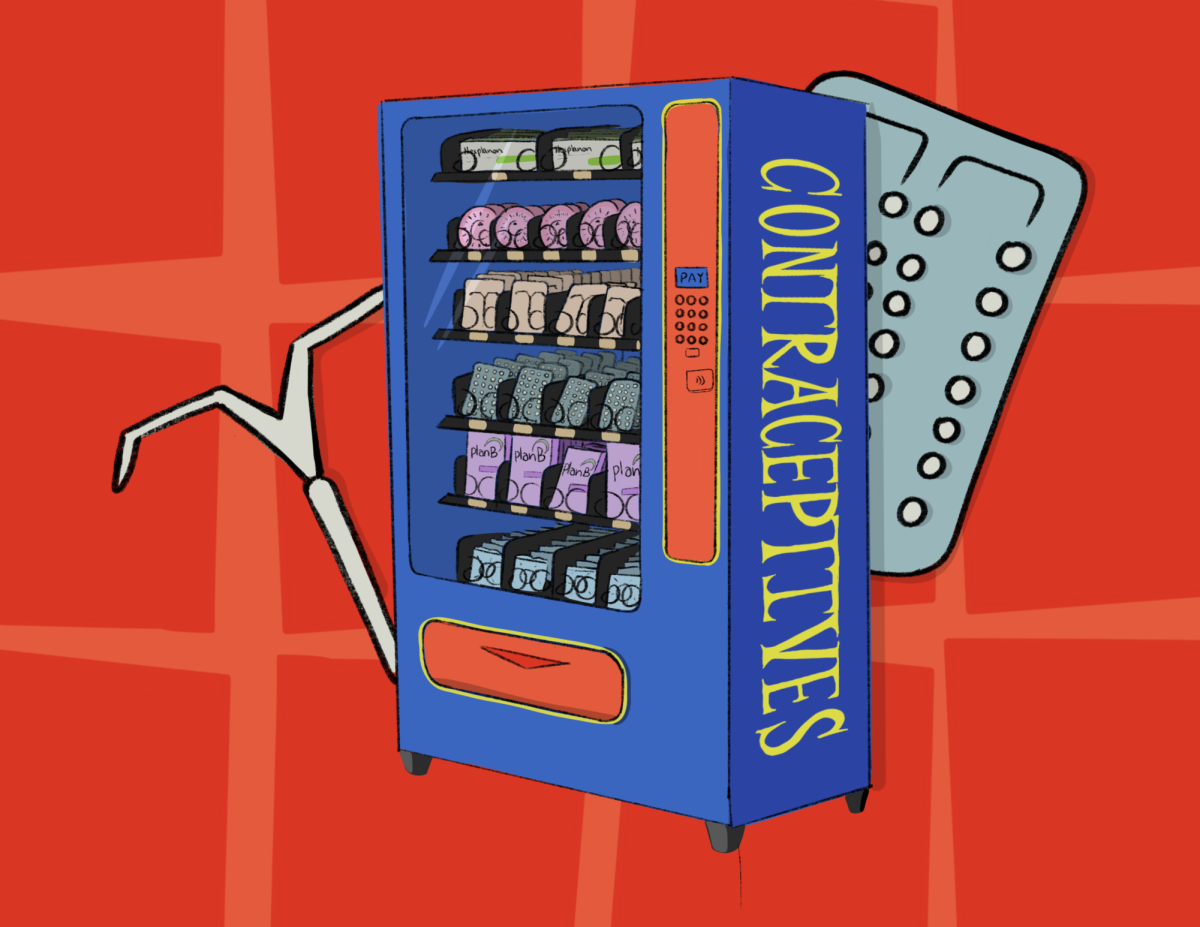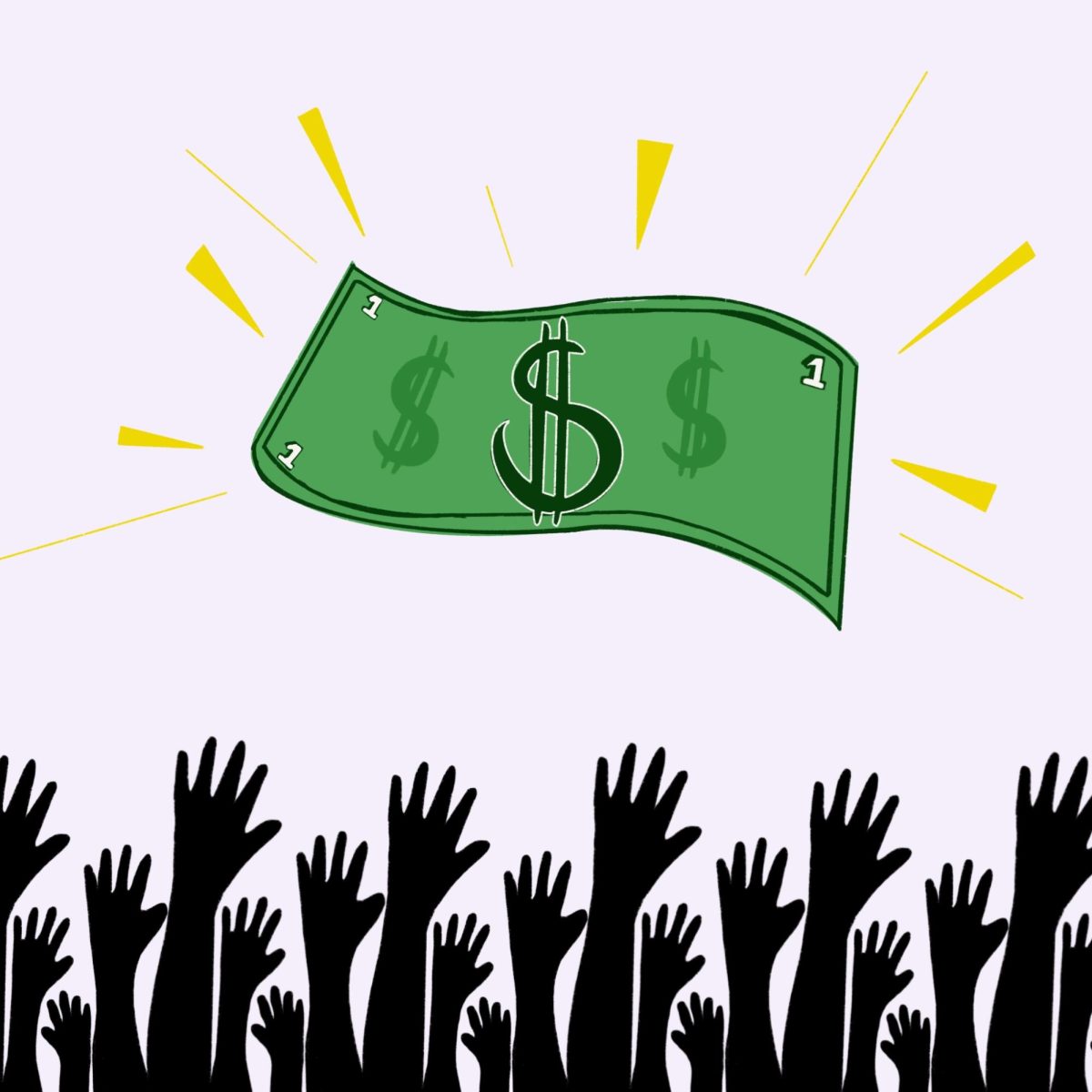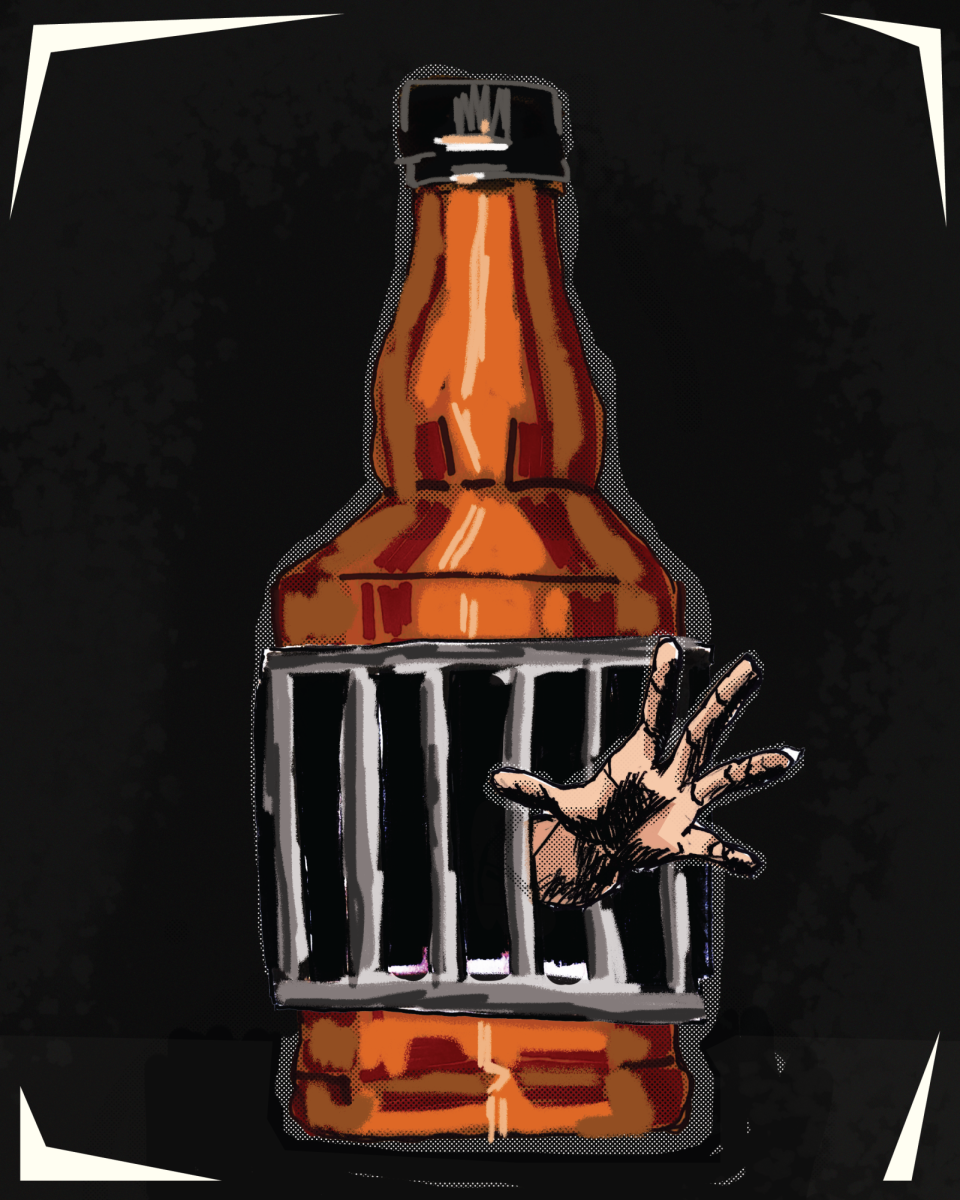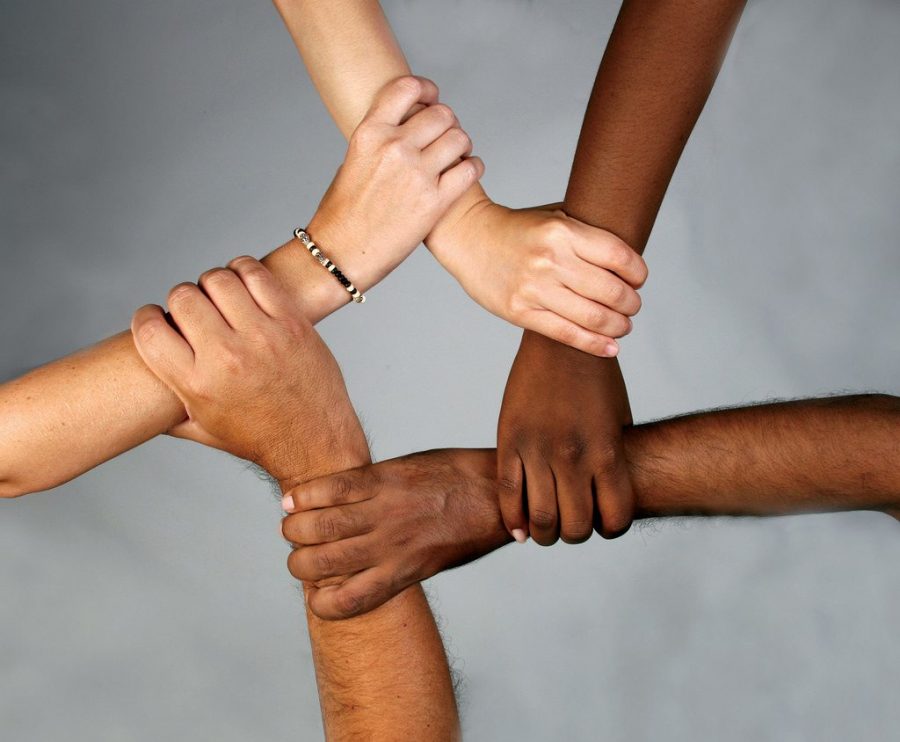Let’s be honest, white people don’t face many issues in the U.S. We have the upper hand in just about everything: we have an easier time getting jobs, we have better access to higher education, we have lower poverty rates than people of color in many communities, we don’t experience violence from the police, we don’t face racism and we don’t experience systematic oppression from the government and surrounding society. In America, we have what’s called white privilege, a concept I’m sure most of you have heard of.
Many white people don’t believe that white privilege exists and that people of color have it just as good or as bad as we do. Often, they believe that the difficulties experienced by people of color are the fault of their communities and lifestyles. Others say people of color aren’t working hard enough and that’s why they experience so many hardships. The truth is, white people are in no position to speak about the plight of people of color.
White privilege is blinding. When you are in a position of power and privilege, it can be very hard to see the disadvantages faced daily by people in less privileged groups. White people have obviously never experienced life as a person of color, and this makes it impossible to know exactly what they are going through. Since we encounter so much positivity in the United States, it is difficult to see and accept that there are some people who don’t get these advantages.
Due to the white privilege we hold, we simply cannot speak for the experiences of people of color. We don’t get to decide what difficulties they do or do not face in the United States. It is not our place to say that a person of color doesn’t face workplace discrimination, for example, because we have never actually been a person of color in the workforce. Similarly, we can’t decide what counts as micro-aggressions towards people of color, whether white people are allowed to use the n-word (incidentally, the answer is no), whether the war on drugs was specifically aimed at people of color or any other issues people of color may experience.
During Black History Month, many ill-informed sentiments from white people surface and claim that people of color are doing things like cheating the system or bringing these bad situations upon themselves. We need to remember that our fellow humans have a very different historical experience within the United States than we have. While we were living as free citizens, black people were being sold into slavery and Native Americans were being forced off their land. Just because slavery is over and segregation was ended does not mean that the United States is free of racism.
So, what can we do? One of the most important things that we can do as good allies is simply listen. Since we can’t know firsthand, the only thing we can do is pay attention to what people of color are telling us. Listen to their experiences, listen to their complaints and listen to what they ask you to do as an ally because they know far better what will help than we do.























Abigail Stover • Feb 3, 2018 at 6:49 pm
Being anti-white is part and parcel of being part of the American commentariat.
“White privilege” is an anti-white slur. The only whites allowed to gain prominence are those who do not explicitly advocate for white interests.
Furthermore, where’s the “white privilege” in the incidence of interracial crime?:
https://www.amren.com/archives/reports/the-color-of-crime-2016-revised-edition/
Fred J. • Jan 30, 2018 at 6:33 pm
This article shares the logical prowess of a true student of Political Science. The over emphasis on one side and incapability of seeing other points of views is astounding. “White people have obviously never experienced life as a person of color, and this makes it impossible to know exactly what they are going through.” By your same logic, a person of color have obviously never experienced life as a white person, and this makes it impossible to know exactly what they are going through. Therefore if no one knows what it is like to be anyone else it is impossible to be able to recognize the existence of a privilege on either side. So maybe instead of making everything about race we could perhaps not focus on race and shockingly not be racist. Other claims that with simple thought are blatantly false. “…[white people] have an easier time getting jobs…” Equal opportunity employment, a very common practice in US employment today if you did minimal research, actually means that if a person of color and white person with equal qualifications apply for a job the person of color will be chosen simply because the color of their skin. So if in an equal comparison people of color win employment battles how is it easier for white people to get jobs? “…[white people] don’t experience violence from the police…” In 2012 426 felons were killed by police during arrest according to an FBI study. 48% were not white people when the percentage of felons in prison that are not white currently is around 66.7%. That means that 52% of felons that were killed during arrest were white when the percentage of felons that are white is approximately 33.3%. Hmmm seems like another claim that isn’t just wrong but is the complete opposite of the truth. There is more but I’ll just finish with this claim. “…[white people] don’t face racism and we don’t experience systematic oppression from the government and surrounding society.” All the evidence against that is found at this url: https://dailyutahchronicle.com/2018/01/29/barber-white-people-cant-speak-experiences-people-color/ Do more homework next time before you post a racist article.